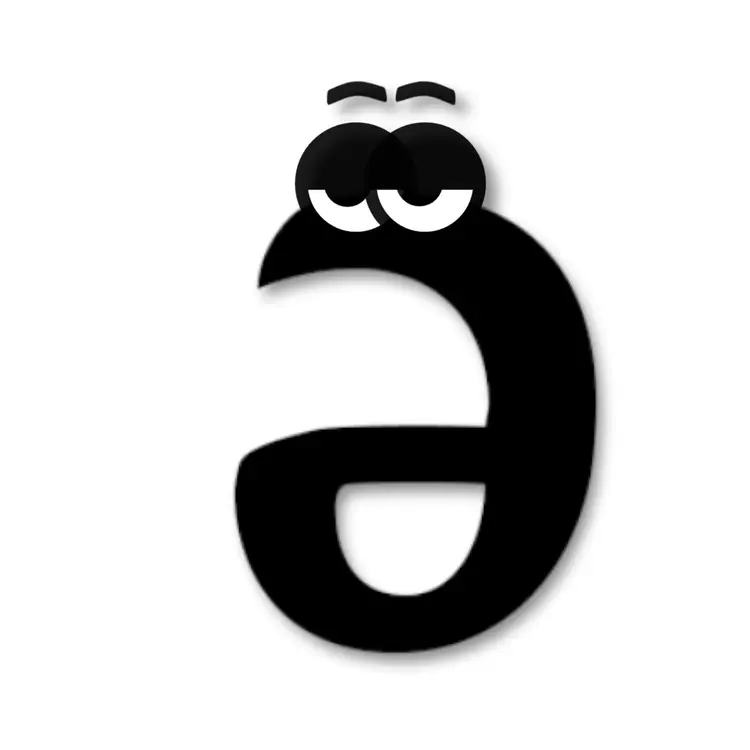Where Do Vowels Say Their Schwa Sounds?
Since English is a stress-timed language, different syllables within a word and different words within a sentence receive different amounts of stress.

To understand schwa, it is helpful to know that vowels are not just A, E, I, O, U and sometimes Y. When a vowel is unstressed, it is said more quietly, and often the mouth does not open as widely. This may distort the vowel sound to /ŭ/ or /ĭ/.
Try the Following Experiment With Your Students:
Since English is a stress-timed language, different syllables within a word and different words within a sentence receive different amounts of stress.
Unstressed Syllables
Unstressed Words
Explain that sometimes vowels are lazy and are not pronounced clearly. Teach that every vowel may say one of its lazy sounds, /ŭ/ or /ĭ/.
Discuss how stressed syllables result when the vowel in that syllable is said louder, and unstressed syllables are a result when the vowel is said softer. Explain that sometimes we say the vowel so quietly or lazily that it sounds like /ŭ/ or /ĭ/.
Ask students to look for examples of words where the vowel is saying one of the lazy sounds, /ŭ/ or /ĭ/, and collect them on a poster!
During spelling analysis, stress the vowels by evenly sounding them out as written. This helps students to write the word correctly and to get an auditory picture of the word.
For example, rather than əmāze, say-to-spell āmāze.
English is also a morpho-phonemic language, which means that spellings are a balance of meaning (morphemes) and sounds (phonemes). If all schwas were spelled with a u or an i, written English words would lose their relationships in meaning. Consider the following examples:
Human
If human were spelled with an i (humin), it would lose its relationship to man and humanity where the /ă/ is clearly heard.
President
If president were spelled with a u (presudent), it would lose its relationship to preside where the /ī/ sound is clearly heard.
Harmony
If harmony were spelled with a u (harmuny), it would lose its relationship to harmonic and harmonica where the /ŏ/ sound is clearly heard.

(1) Rachael-Anne Knight, Phonetics: A Coursebook, (New York: Cambridge University Press, 2012), 71.